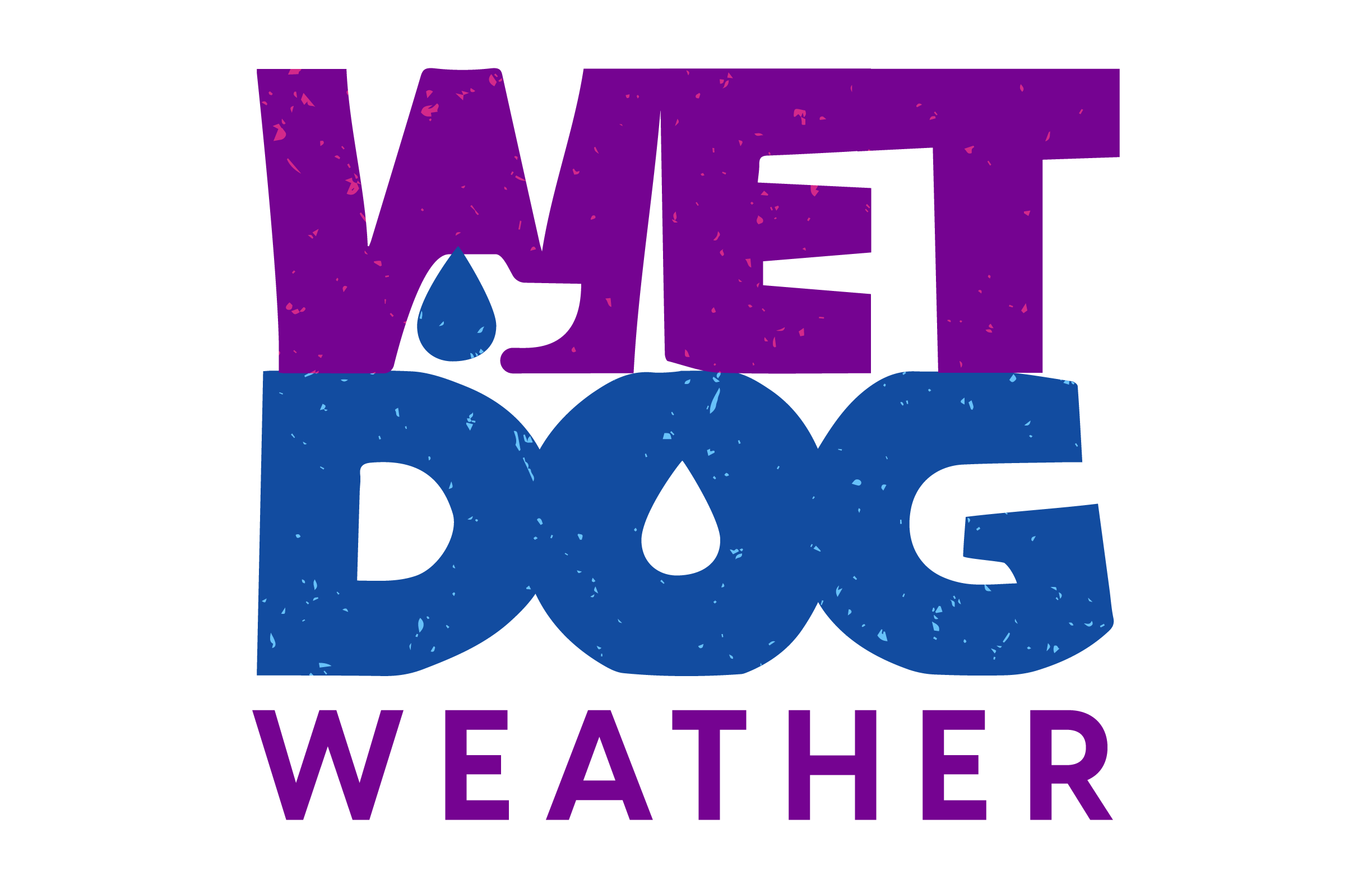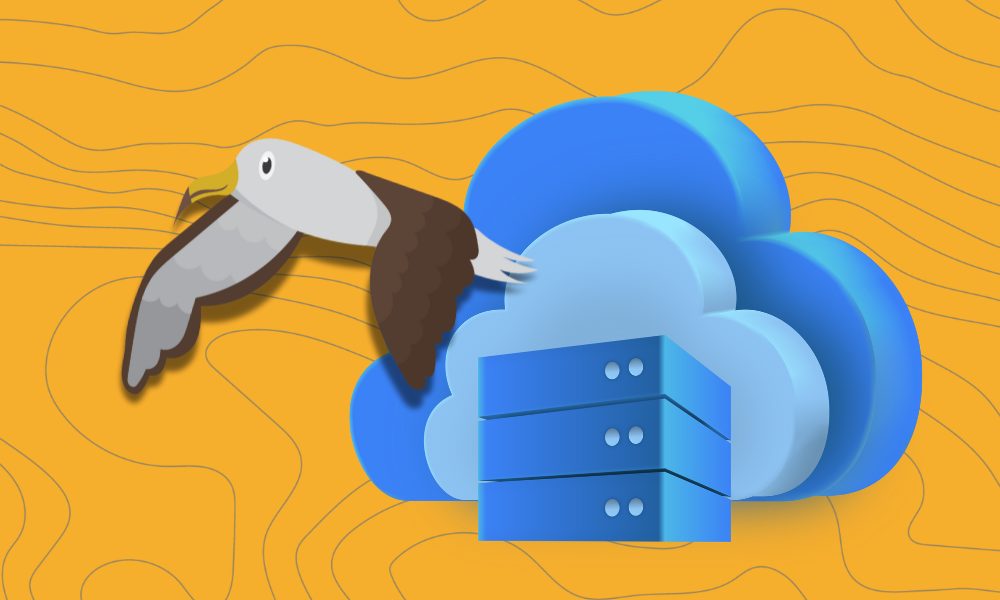We do weather data differently than some of our colleagues. Where they may have a one-size-fits-all API, we optimize each weather stack to meet each customer’s unique needs. We’ll process the free (excellent) data from NOAA and whatever our customers buy, then prep it for their specific display and use requirements. This customized approach allows us to better serve our clients’ individual weather data needs.
Securing Access to a Diverse Weather Data Portfolio
This results in a diverse portfolio of weather data that we have to carefully manage access to. We could have built a custom access control system, but we instead leveraged our tailored weather stack architecture.
A customer’s weather stack only has access to the data it’s authorized to use. For this, we utilize Amazon’s Identity and Access Management system. Thus, the tile servers for Customer A don’t even know the name of the buckets for Customer B’s model data or metadata and couldn’t access them even if they did.
Sunsetting a Legacy Weather Stack
It’s a roundabout introduction to say we just shut down our oldest weather stack. Starting in October 2022, ‘albatross-abacus’ was booted up about six months after we launched Wet Dog Weather, and it’s been reliably importing and processing data ever since.
Modular, Customized Weather Stacks
Stacks are bundles of resources in Amazon’s (CloudFormation) management console. Conceptually, we use them as a single unit of a well-defined weather data process. Each of our importers is one stack, each customer’s tile servers are its own stack, etc. As you might imagine, we have quite a few of these tailored weather stacks.
Naming these things is something I enjoy because I’m that sort of person. We were coming up with random names for a while, one corresponding to a software version and the other unique to the customer. Obviously, ‘albatross-abacus’ was pretty early.
Somewhere in there, we broke the weather data stacks into pieces, particularly the importers, so we could more easily share them among customers. At that point, we switched to fish species for our stack names because I’m easily amused.
Goodbye Albatross-abacus
Albatross-abacus will be thought of fondly, as it was our longest-running weather stack. It won’t exactly be missed since it cost us money on AWS. It is succeeded by its descendants, catshark, combfish, dottyback, daggertooth, and many others, as we modernize our weather data infrastructure.

